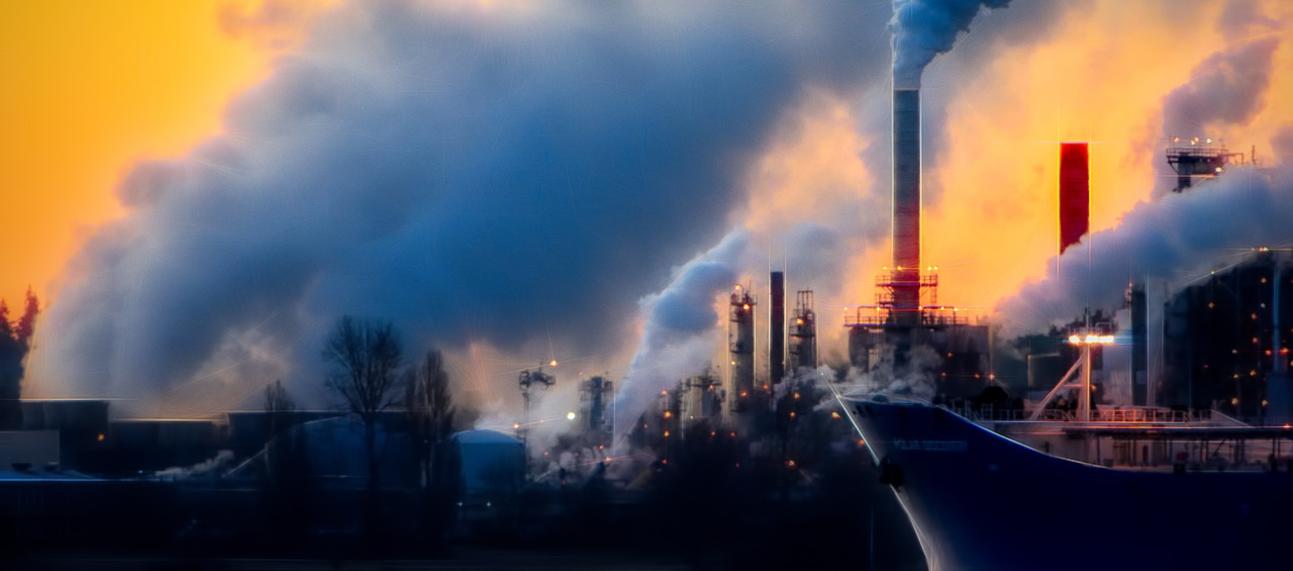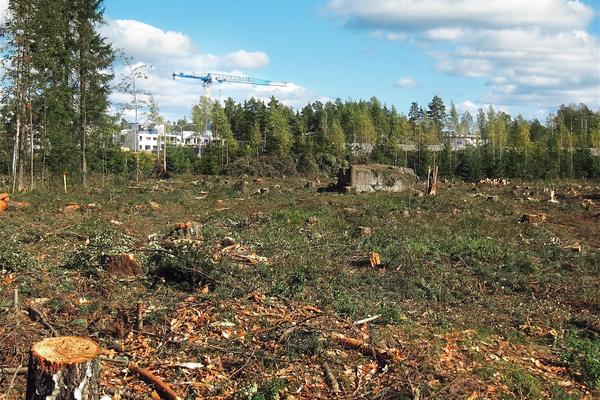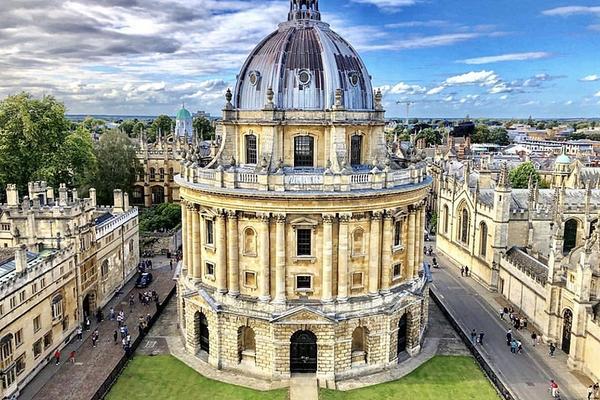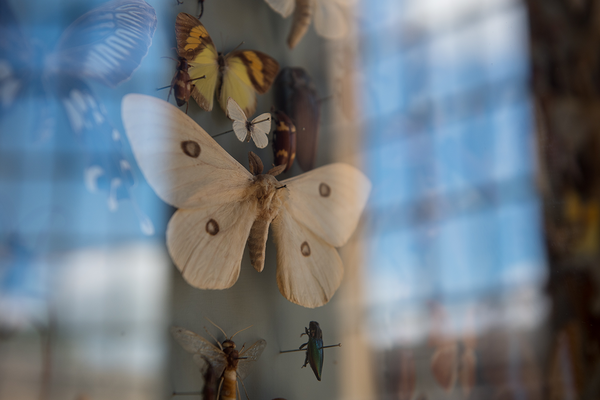Museum of Natural History on Human Impact on the Environment
“We are committed to raising awareness of the immediate threats to global biodiversity and the climate crisis – this is an urgent issue that needs to be tackled now. During my own research in North Greenland, these high Arctic environments have been irreversibly transformed within the space of three decades, and the pace of change is undoubtedly accelerating." Professor Paul Smith, Director of the Museum of Natural History
Recent Programming Exploring Human Impact on the Environment
Browse this section to find out more about our programming that explores the science of human impact on the environment.
Film from The Great Debate; Should We Engineer Our Way Out of Climate Change?
We must reduce emissions of carbon dioxide to avoid dangerous climate change, right? But can we? Is it too late? Should we focus our efforts on adapting to the coming change instead? Or should we engineer the earth system to avoid climate change? Join our panel of experts to debate these points and much more and to give your opinion on how the planet's changing climate should be managed.
Chair: Professor Gideon Henderson
Panellist: Professor Nick Eyre (Jackson Senior Research Fellow and Professor of Energy and Climate Policy)
Panellist: Felix Heilmann (former President of the Oxford Climate Society)
Panellist: Professor Friederike Otto (Acting Director of the ECI)
Panellist: Clare Shakya (Director of IIED’s Climate Change research group)
https://podcasts.ox.ac.uk/embed/4b2b5fb5569897b2ed45
How researchers are using our collections to demonstrate human impact on the environment
Dr Shane DuBay is a researcher at the University of Michigan and he is using the Museum’s birds to understand Britain’s polluted past. He uses a photometric called reflectance to measure how dark or light a bird’s belly feathers are and uses this to map pollution through time and space across the British and Irish Isles.
Here’s Dr Chris Stimpson, who uses the Museum’s collections to help identify small bones he has collected from ancient Vietnamese caves. His work, and our collections, help him work out the impact humans have had on animal ecosystems over thousands of years.









